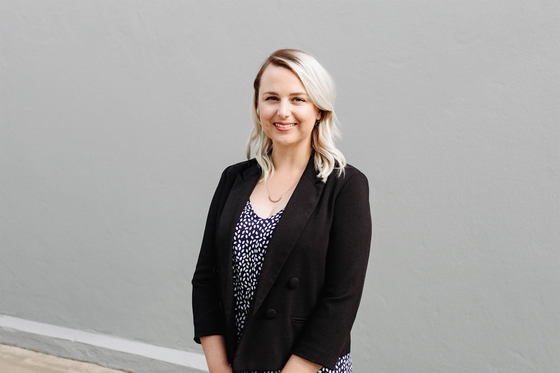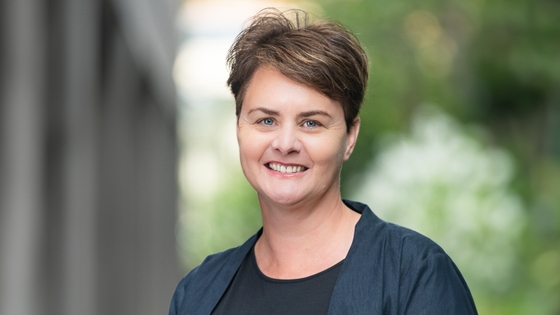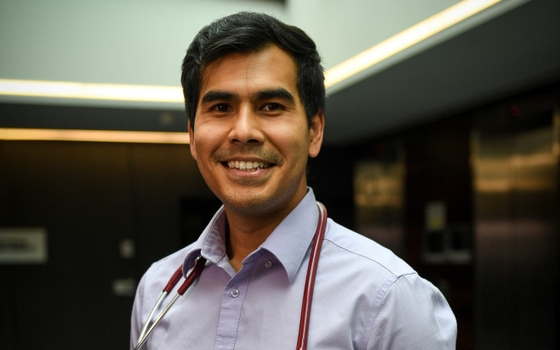
Q&A with Dr Sophie Wiszniak
Understanding how the pulmonary artery and valve of the heart can become narrowed during fetal development
Dr Sophie Wiszniak leads the Angioscience and Cardiovascular Development Group within the Neurovascular Research Laboratory at the Centre for Cancer Biology, University of South Australia. She received a 2023 Vanguard grant to investigate how congenital heart defects can arise during fetal development.
What are you currently researching?
I'm looking at how the heart forms during fetal development, specifically the genes, proteins and cells involved in making sure the heart grows and forms correctly. This helps us to understand how these processes may be going wrong to cause a congenital heart defect.
What difference will your research make to people’s cardiovascular health in Australia?
Congenital heart defects are the most common birth defect in Australia and around the world, affecting 1 in 100 births. They are also the leading cause of death in Australian babies. By understanding how these defects happen during fetal development, we can start working on new treatments or strategies to prevent these defects from happening.
What motivated you to do your research?
I've always been fascinated by how a single cell can develop into an embryo, and then into a whole human being. Understanding this process and figuring out how it can cause birth defects, such as heart defects, motivates me. Since we don’t know the cause of most heart defects, I am driven to discover why they happen and how we can prevent them.
Are there any achievements or discoveries from the past year you can share with us?
Most of my discoveries are at the microscopic level. I spend a lot of time examining heart cells under the microscope. It’s exciting when a gene or protein I’ve been studying shows an interesting pattern in these cells, suggesting it might be involved in heart defects. There is obviously much more work to do, but these small discoveries help us to fit one more piece into the complex puzzle that is heart development.
What role has Heart Foundation funding had in your career journey?
Funding is crucial for research. I am passionate about finding the underlying causes of disease to develop new treatments. However, I can't do this without funding. My Heart Foundation Vanguard Grant will allow me to keep investing in incredibly important work to understand how congenital heart defects occur during fetal development.
Do you have a message for Heart Foundation supporters?
Thank you to the donors and supporters for your generous contributions. I hope to use this grant to discover new and important causes of congenital heart defects in babies, which will provide the first steps towards new treatments for these common disorders in the future. This important work would not have been possible without your support.
You might also be interested in

Understanding how the pulmonary artery and valve of the heart can become narrowed...
Dr Sophie Wiszniak, University of South Australia - 2023 Vanguard Grant - Two Year

Q&A with Dr Janet Bray
Helping to improve bystander CPR rates and save hundreds of lives in Australia each year

Q&A with Dr Hashrul Rashid
Finding ways to detect leaflet thrombosis (LT) earlier to improve health outcomes.
Last updated01 July 2024